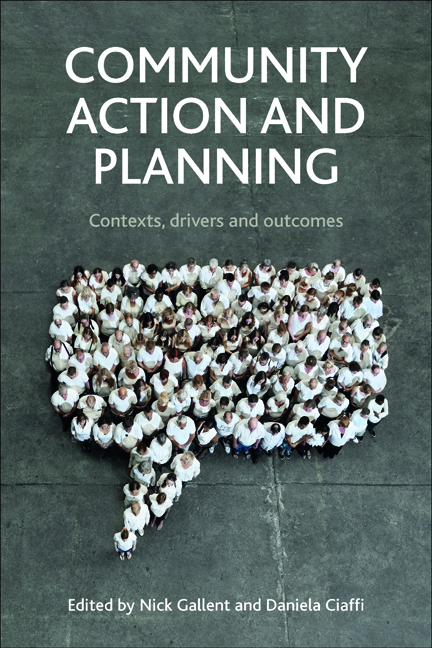3 - Time, belonging and development: a challenge for participation and research
Published online by Cambridge University Press: 04 March 2022
Summary
Introduction
Research accounts of collaborative events in development processes can appear oddly timeless. A focus on process can mean that if readers are not provided with dates, collaborative planning that may have occurred over many months or years can appear to have happened over a few meetings. Where no pre-existing history is acknowledged, accounts of conflict-ridden processes can make it seem that communities and developers were at loggerheads for only a brief period. This is not unique to planning research; because social science has more generally come to focus on the here and now, temporalities (as in the sense and construction of time as passed and passing) and histories have become increasingly side-lined (Pollitt, 2008; Savage, 2010b). Across a wide range of social science research ‘the issue of time more generally, is one that is perpetually claimed to be overlooked by researchers’ (Bastian, 2011, 6). In this chapter, I bring time to the fore, focusing on time as a factor in community-building and development. Furthermore, I highlight the varied temporalities – that is, experiences of time – that come together in planning and development processes creating conflict and the possibilities for consensus.
A good example of what this means in practice became apparent during the winter of 2013 when land-use planning became primetime viewing in the UK with the BBC fly-on-the-wall documentary, The Planners. The dramatic voiceover at the start of the programme pitched it as a battle between the UK government prioritising new development for economic growth and concerned residents wanting to stop development – the NIMBYs. One particular segment got a great deal of attention. A volume housebuilder was proposing a large greenfield housing development on the edge of a rural town in the affluent county of Cheshire in the north of England. This met with fierce opposition and an organised campaign by concerned residents. Among these residents was a couple who were interviewed in their recently-built house that overlooked the site in question. Their house, of course, had been built on land that had very recently been greenfield itself. It was easy to dismiss this as typical NIMBYism – these people did not understand or acknowledge the strategic, long-term need for new housing and were resisting it even though they had benefited enormously from previous development.
Information
- Type
- Chapter
- Information
- Community Action and PlanningContexts, Drivers and Outcomes, pp. 41 - 56Publisher: Bristol University PressPrint publication year: 2014
